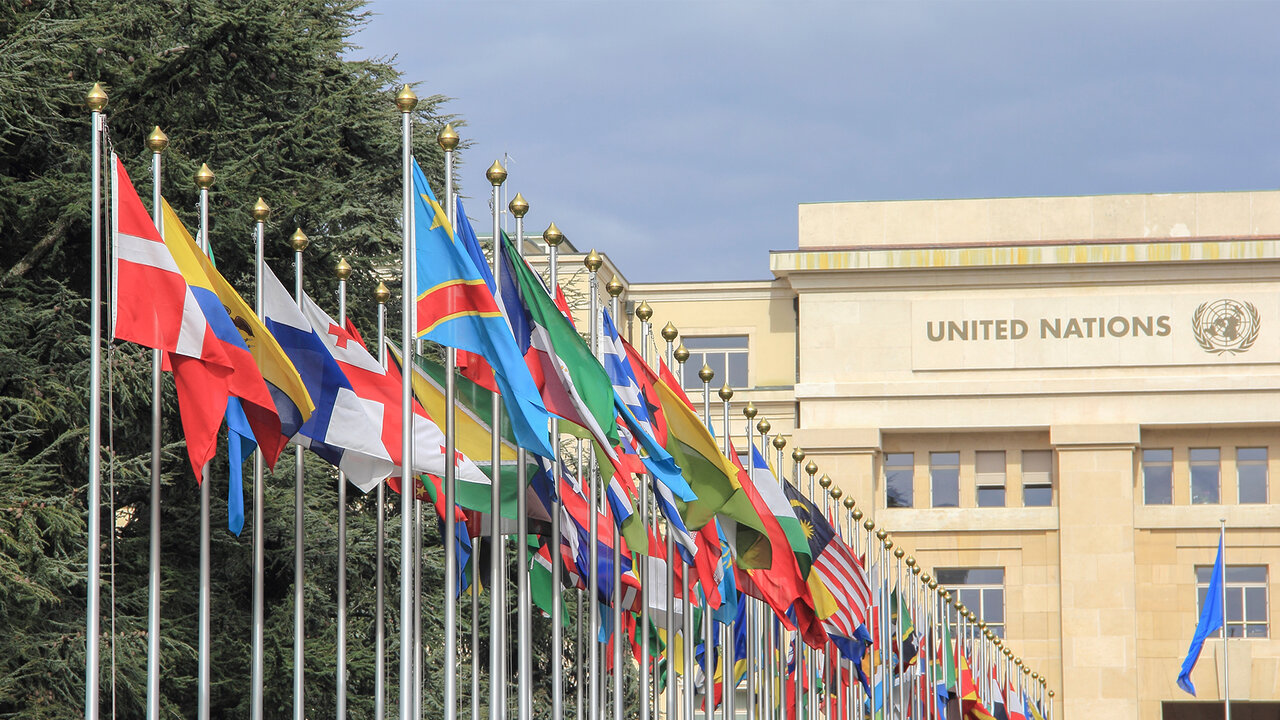INSUBCONTINENT EXCLUSIVE:
International law is the result of multilateralism and the functioning of international governmental organizations
Over the past decades, international decisions, to some extent, have been reflections of unilateral mechanisms developed and endorsed by
certain world powers outside the framework of international law
Many unilateral rules that have emerged in the past years and are recognized today as international norms by their creators are not
developed by international organizations such as the United Nations and have no apparent legal basis
There is no global consensus behind them and they are imposed on international subjects through several influential global actors and their
law by the international minority, which appears under such titles as Directives, Standards, Deeds, and Declarations, is explicitly in
contradiction with the principles and objectives of the United Nations as well as international judicial opinions
Accordingly, normative development in international law will not occur except by consensus on all subjects of the international community,
added that states cannot operate outside international law and norms; in other words, they cannot make the rules and then avoid them
Moreover, the argument that decisions developed unilaterally outside the framework of the existing structures will be legally valid has been
strongly rejected by jurists
A peremptory norm of general international law (jus cogens) is a norm accepted and recognized by the international community of States as a
whole as a norm from which no derogation is permitted
Therefore, the agreement of states or acceptance by the international community as a whole is always required
On 8 July 1991, Qatar filed an application against Bahrain which involved a longstanding territorial sovereignty and maritime boundary
dispute between the two Persian Gulf neighbors
In its judgments, the International Court of Justice stressed that signing international agreements constitutes international obligations
Its aim is to strengthen the principle of the rule of law enshrined in the UN Decade of International Law; it considers that the main
or organization -governmental or non-governmental- can cast the slightest doubt on the principle of the rule of law in the framework of
Strong criticism has been leveled against international law over its silence in the face of important political and social developments,
paving the way for powerful countries to give their own narratives of events through resolutions, treaties, codes of conduct, and action
and norms, uses its power to proceed ahead with its plans and guarantee the interests of its member states
The formation of the Financial Action Task Force (FATF) and Missile Technology Control Regime (MTCR) and the adoption of the Hague Code of
Conduct against Ballistic Missile Proliferation (HCoC) are not normative instruments but initiatives developed by the G7, originally G8
These are not the result of international consensus
Decisions taken at the G7 are not legally binding
international law no matter the size of their territory, population, economy, or military
international community can no longer give in to the excessive demands of a handful of influential countries that have contributed the most
to global crises under the slogan of uprooting economic inequalities
This is a critical juncture for international law, and it cannot ignore its strong bond with the principle of state consent and instead back
binding rules and regulations of international law
General Assembly (44th sess.: 1989-1990), A/RES/44/233: World Summit Outcome Document, UN Doc

